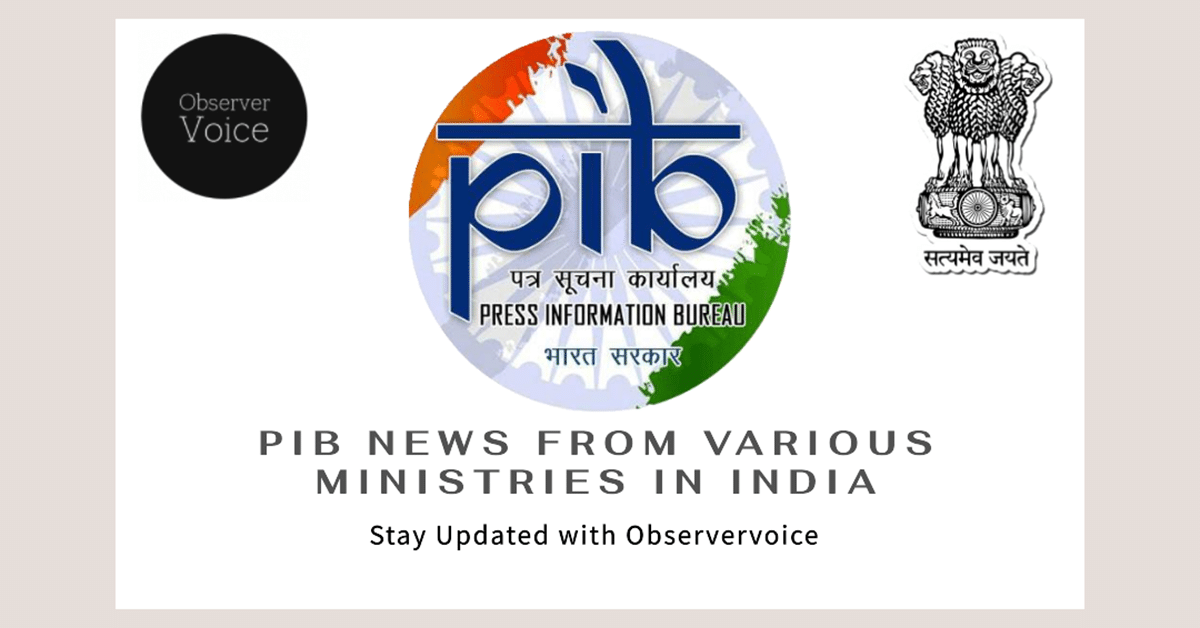Celebrating Human Rights Day in India

The National Human Rights Commission (NHRC) of India held a significant event at Vigyan Bhavan in New Delhi to commemorate Human Rights Day. This day marks the anniversary of the Universal Declaration of Human Rights (UDHR), adopted by the United Nations in 1948. The Chief Guest, Smt. Droupadi Murmu, President of India, emphasized the importance of this occasion. She urged everyone to reflect on the ideals of the UDHR and reaffirm their commitment to creating a just society where human dignity prevails.
India’s Commitment to Human Rights
During her address, President Murmu highlighted India’s dedication to human rights through various government initiatives. She pointed out that the country is actively working to alleviate poverty and eradicate hunger. The government provides free food to underprivileged communities and ensures equal opportunities for youth to pursue their aspirations. Furthermore, she noted that socio-economic and cultural rights are guaranteed for all citizens. These rights include access to housing, clean drinking water, improved sanitation, electricity, cooking gas, financial services, healthcare, and education. The provision of these basic necessities is increasingly recognized as a fundamental right in India.
President Murmu commended the NHRC and State Human Rights Commissions (SHRCs) for their efforts in addressing human rights violations. She acknowledged the role of civil society, human rights defenders, and Special Rapporteurs in raising awareness and recommending policy changes. Their collective efforts are crucial in upholding the rights of marginalized communities. This commitment reflects India’s broader vision of ensuring that every individual enjoys their rights and freedoms without discrimination.
Emerging Challenges to Human Rights
In her speech, President Murmu addressed the emerging challenges to human rights in today’s world. She pointed out that cybercrimes and climate change pose significant threats. The digital age has transformed communication but has also introduced complex issues like cyberbullying, privacy concerns, and misinformation. These challenges highlight the need for a secure and equitable digital environment that protects individual rights and dignity.
Additionally, she discussed the implications of Artificial Intelligence (AI) on human rights. As AI becomes more integrated into daily life, it raises questions about accountability. Traditionally, human rights violations are attributed to human actions. However, with AI, the violator may not be human, complicating the discourse on rights and responsibilities. This shift necessitates a reevaluation of how we understand and protect human rights in an increasingly automated world.
Addressing Mental Health and Elderly Rights
President Murmu also emphasized the importance of mental health, particularly for children and youth. She expressed concern over the rising mental health issues and urged stakeholders to take action. The NHRC has recognized the gravity of this issue and is working to implement measures that alleviate stress among young people. She called on industry leaders to ensure that the gig economy does not negatively impact the mental well-being of workers.
Moreover, the President highlighted the need for policies that protect the rights of the elderly. With India’s elderly population projected to reach 350 million by 2050, it is essential to create an environment that preserves their dignity and well-being. Empowering older individuals to live fulfilling lives is a priority for the government.
Observer Voice is the one stop site for National, International news, Sports, Editor’s Choice, Art/culture contents, Quotes and much more. We also cover historical contents. Historical contents includes World History, Indian History, and what happened today. The website also covers Entertainment across the India and World.

